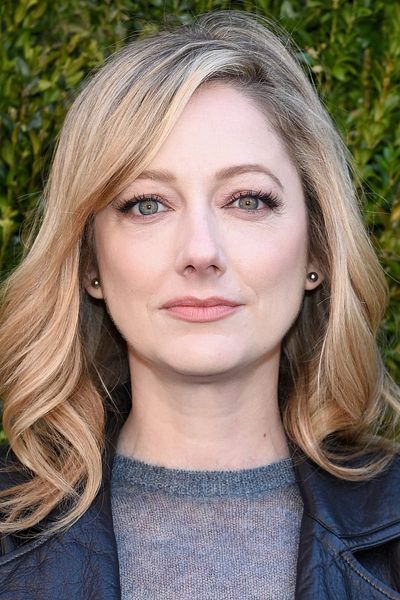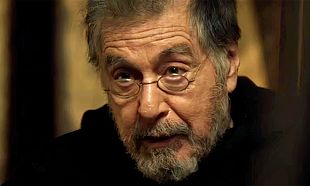After the events of 'Halloween', Laurie Strode (Jamie Lee Curtis), her daughter (Judy Greer) and her granddaughter (Andi Matichak) escape to a hospital where it's revealed that Michael Myers has survived and escaped. With the residents of Haddonfield aware of his return, a mob led by Tommy Doyle (Anthony Michael Hall) begins to rare through the town looking for Michael Myers...
2018's legacy sequel 'Halloween' could have been the end of the franchise. It successfully inverted the Final Girl trope, placing Jamie Lee Curtis' teenage performance in a context of generational trauma, whereby Laurie Strode survived and was calloused over by what happened to her. The anguish and the violence she suffered in the original movie spilt over to her daughter and granddaughter, and that examination of horror transferred was incredibly incisive. Slasher movies rarely tend to get that kind of closure, yet here we are with 'Halloween Kills', the baggy middle-section of a trilogy that will close off the franchise once and for all in 2022.
The action picks up literally moments after 'Halloween', with firefighters en route to Laurie Strode's murder-ranch where she's trapped Michael Myers in an elaborate setup and set the whole house on fire. He's been left to burn, and Laurie Strode is clinging to life. Of course, this is a sequel and Michael Myers is not so easily killed. Sure enough, he slices his way through some firefighters and he's on the rampage once again, carving a bloody path across smalltown America to the very home where it all began. As he's doing this, the residents - led by Anthony Michael Hall in a very Trumpian fashion - band together to hunt him down and beat him to death with mob violence.
Much of the action in 'Halloween Kills' is split into two places - the hospital, where Jamie Lee Curtis' character is recovering, and the mobs of people tracking Michael Myers. As with any kind of mob violence, you just know that there's going to be some very trite observations about how it turns people into monsters themselves, and how it all eventually becomes misguided as a result of good intentions. Indeed, there's even a "come together" moment about divisiveness that feels painfully weak in light of circumstances in the US. It's a bold step, trying to layer in societal issues into a slasher movie, but it's done in such a heavy-handed fashion that it never really connects as it should.
To her part, Jamie Lee Curtis continues the wounded, vulnerable performance she gave in 'Halloween', while Judy Greer and Andi Matichak both continue to showcase their talents as the daughter and granddaughter following in her wake. The inclusion of original cast members Nancy Stephens, Kyle Richards (yes, 'RHOBH' alum Kyle Richards), Charles Cyphers, and skilful use of footage with Donald Pleasance points to the movie's legacy, but doesn't add all that much to the story or the proceedings.
Still, director David Gordon Green knows how to stage the gruesome kills and build tension with ease. An extended sequence set in a playground, for example, is particularly excruciating, while an odd comedic beat with the new owners of the infamous Myers home offers some minor release of tension. John Carpenter's score is effectively creepy, layering the kills and thrills with stabbing synths. Yet, the script and the story can't help but feel baggy and overloaded in its 106-minute runtime. In fact, odds are that by the time 'Halloween Ends' rolls around next year, it will further underline how unnecessary this act was.
It could well be that 'Halloween Kills' should have been condensed into a 10-minute scene than devote an entire movie to it.



















































































